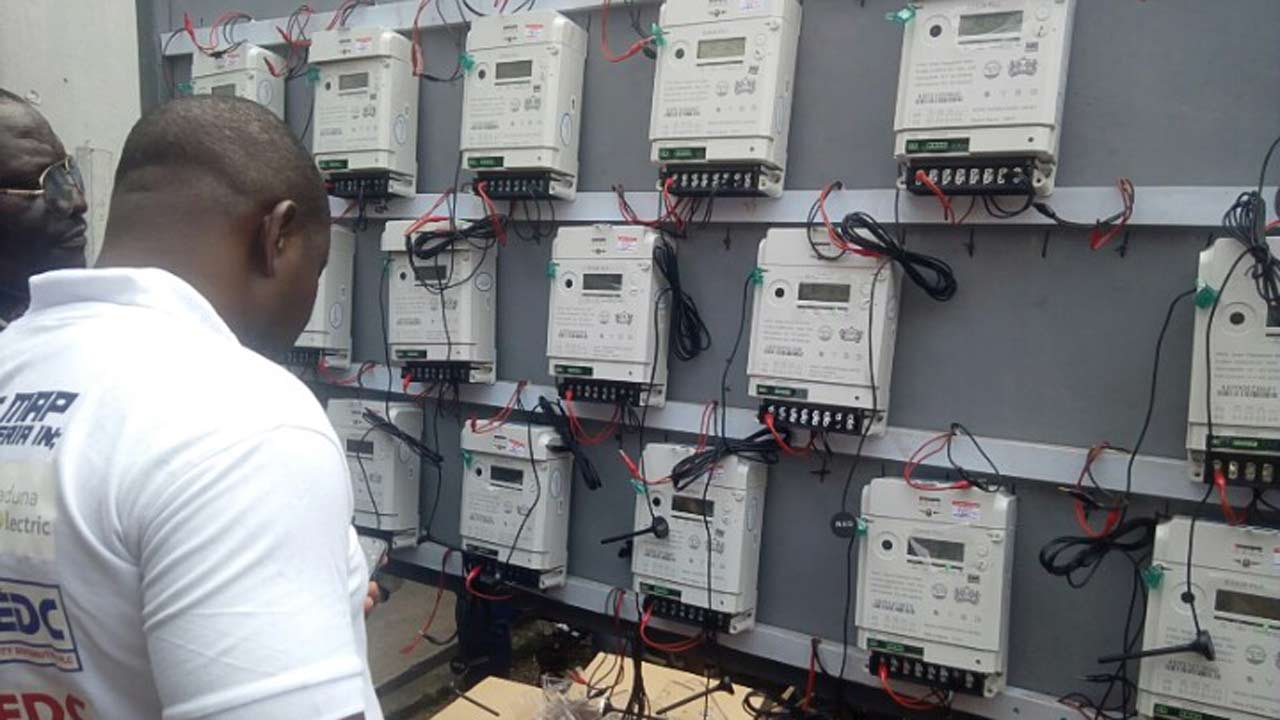
The engagement of only two firms for the country’s national metering rollout has created a capacity challenge, The Guardian has been informed.
The exclusion of the remaining manufacturers, experts said, threatens the National Mass Metering Programme (NMMP) and the acutalisation of key targets.
This comes as stakeholders in the power sector have urged the Federal Government to engage the services of the more local meter manufacturers to meet its target of metering all households in the next five years.
Momas Electricity Meters Manufacturing Company Limited (MEMMCOL) and Mojec International are the firms that have been engaged in the distribution while the others are left out.
Speaking with The Guardian, Chief Executive Officer, Unister Hi-tech System Limited, a meter manufacturing company, Bolarinwa Atilade said his company was not engaged in the NMMP and that the conditions of being part of the programme had not been communicated to them.
“We would like to know the criteria used to select the organisations that are directly engaged in the scheme. As a pioneer in the electric prepaid meter business, we humbly expect that our company would be participating fully in bridging the metering gap.
“However, representatives of the Federal Ministry of Finance and that of Trade, Investment and Industry were in our factory in December 2020 to assess our production capacity and expertise. We hope to be part of Phase one of the NMMP and we are into various marketing efforts with the seven DisCos where we presently have our meters in their networks.”
President, Nigeria Consumer Protection Network (NCPN), Kola Olubiyo said that estimated and arbitrary billing provided DisCos a leeway to exploit consumers. He said it was sad that they have institutionalised arbitrary billing in the post-privatisatised electricity sector.
He added that the original intents of the NNMP were designed to promote local content and encourage indigenous meter manufacturers to expand and upscale inclusive growth and sustainable development across the metering value chain.
Also, General Manager (Operations), Adroit Metering Services, Olusesan Okunade, stated that the NMMP has not lived up to the expectation of Nigerians because of its un-tardiness, lamenting that even those who had paid for meters under the Meter Asset Provider (MAP) were yet to be serviced.
He noted that there were strong indications that the NMMP scheme is not free as claimed by the government while lamenting what he described as discrepancies in the scheme.
“If one million meters were rolled out as claimed, by now we should have gone a long way. For me, the metering has not lived up to expectations as several people are still yearning under the estimated billing, which I feel the government should look at it.
“Part of the challenges is that the modalities of installing the meters that are supplied are not clear and that is slowing down the pace of the activities of the DisCos to carry out the installation. Government should do what is necessary to put the right modalities under NMMP in place or we go back to MAP because people are ready to pay.”
He added that to have an effective mass metering the government must step aside and allow liberalities to take place in the sector.
Chairman of Momas Electricity Meters Manufacturing Limited (MEMMCOL), Kola Balogun applauded the NMMP scheme and said that this was the first the Federal Government would genuinely look deeply into the sector, identify the core challenges, make promise to address some of the challenges and fulfilled its promise by way of an intervention tagged the NMMP.
He, however, noted that there was an urgent need to buckle down to ensure that revenue were increased and consumers get metered, while urging the DisCos to improve its infrastructures to deliver uninterrupted power supply to Nigerians.
Balogun said for the NMMP to be consistent, there must be continuous stakeholders engagement and deliberations that will chart a way forward for the scheme.
“There must be consistency and review of strategy to ensure that the metering gap is bridged.
“Before MEMMCOL was included in the NMMP scheme, we went through accreditation. Part of the requirements is that a meter manufacturing company’s meter must meet the NERC standard, and also get the Ministry of Trade and Investment and Memsa certifications.”
“It was projected that there is a six million metering gap but this is not static as there is an ongoing survey that will further reveal the true figure. It’s a continuous exercise. The lifespan of a standard meter is 5-10 years depending on the quality of the meter. As the leading manufacturer in the downstream of the power sector we are most committed to ensuring that the National Mass Metering Programme (NMMP) is successful. Currently we can produce 300,000 to 600,000 meters in a year as long as there is sufficient capital and upfront commitment to meet the capacity.”
Speaking with The Guardian, Special Adviser on Media and Communication to the Minister of Power, Mr. Aaron Artmas explained that the metering of consumers an intervention of the federal government to ease the pain of estimated billings caused by the DisCos, adding that the government does not have any business with metering.
When asked about the reasons why the federal government is not engaging local meter manufacturing companies, Artmas asked if they have applied to the CBN to participate in the scheme.
“The government is concerned about the complaints of Nigerians that was why it stepped in. Government does not have any business with metering.”



